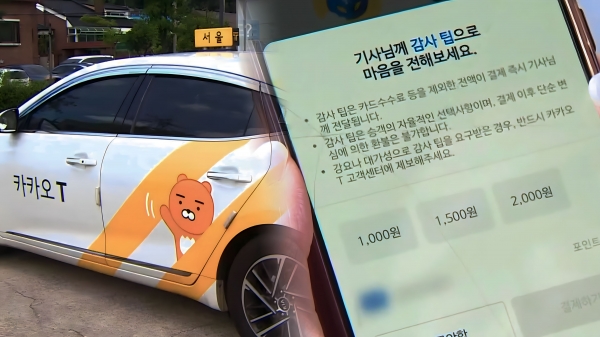
South Korea's dining scene is witnessing a notable trend – the gradual embrace of tipping as a cultural practice, as even services like Kakao Taxi mandating a 2,000 KRW tip maximum. This shift raises questions about its impact on culture and the economy. Understanding South Korea's Value Added Tax (VAT) system, which integrates taxes into goods and services costs, is crucial. However, based on the Food Sanitation Act, the introduction of tipping sparks concerns about double taxation, potentially perceived as an extra charge alongside VAT-inclusive prices.
Supporters of this evolving tipping culture emphasize its potential as a conduit for recognizing excellent service and narrowing income gaps between different categories of employees, particularly within service industries. This argument hinges on the belief that tipping can motivate employees to provide superlative service, thereby enhancing the overall dining experience. Nevertheless, critics contend that the dual taxation nature of tipping contradicts the principles of fairness and equality that underlie the current VAT system. This dynamic prompts contemplation on the compatibility of shifting cultural norms with the established economic framework in South Korea.
The multifaceted impact of the tipping trend warrants a comprehensive assessment of its effects on both service providers and patrons. On one hand, service providers stand to gain from increased earnings due to tipping, particularly in restaurant settings. This financial boost could serve as a motivational factor for employees to invest more in delivering quality service, potentially leading to an elevated dining experience. On the other hand, customers might grapple with the complexities of incorporating tipping into their existing budgeting strategies for meals. This complexity is amplified for foreign visitors unfamiliar with South Korea’s tipping customs, adding an additional layer of intricacy to the dining experience.
Integral to the conversation surrounding the tipping culture is its alignment with South Korea’s cultural ethos. Korean society traditionally places immense value on shared experiences and collective harmony. Meals, in particular, hold deep cultural significance, mirroring the nation's communal approach to life. Within this context, the introduction of an individualistic practice like tipping raises an essential question: Does the imported concept of tipping resonate with the core values of Korean culture, or does it represent an indiscriminate emulation of foreign practices?
The gradual assimilation of tipping into South Korea’s cultural landscape marks a departure from established norms. However, the mandate of mandatory tipping also triggers concerns related to double taxation and its harmonization with the VAT system. As the nation navigates this transformative phase, a delicate balance must be struck between its cultural identity and economic framework. Determining whether tipping aligns with Korean values or merely mirrors foreign practices remains a critical consideration. This ongoing discourse serves as a testament to the intricate interplay between economic norms and cultural values, guiding South Korea's evolving identity in an increasingly globalized world.


